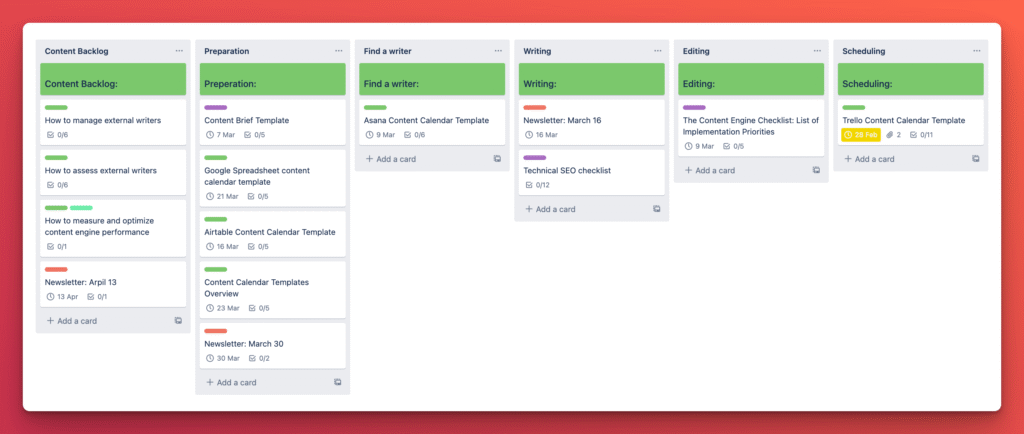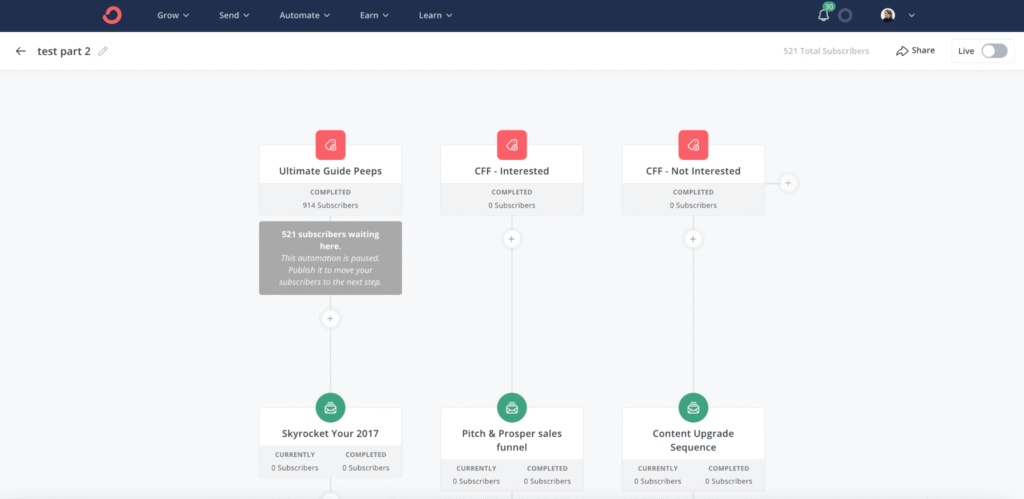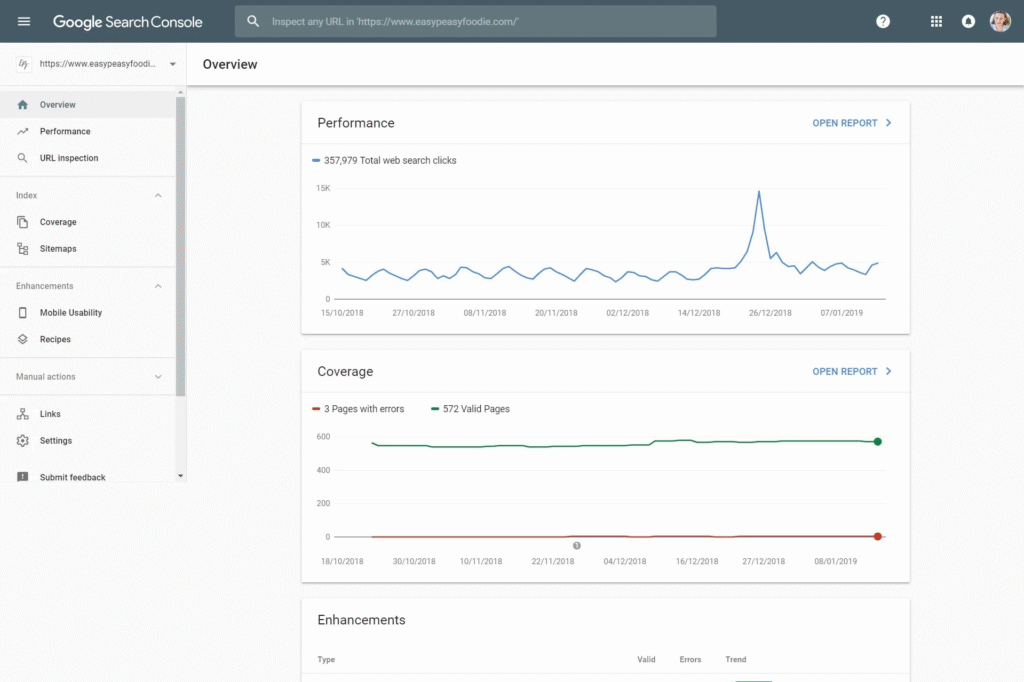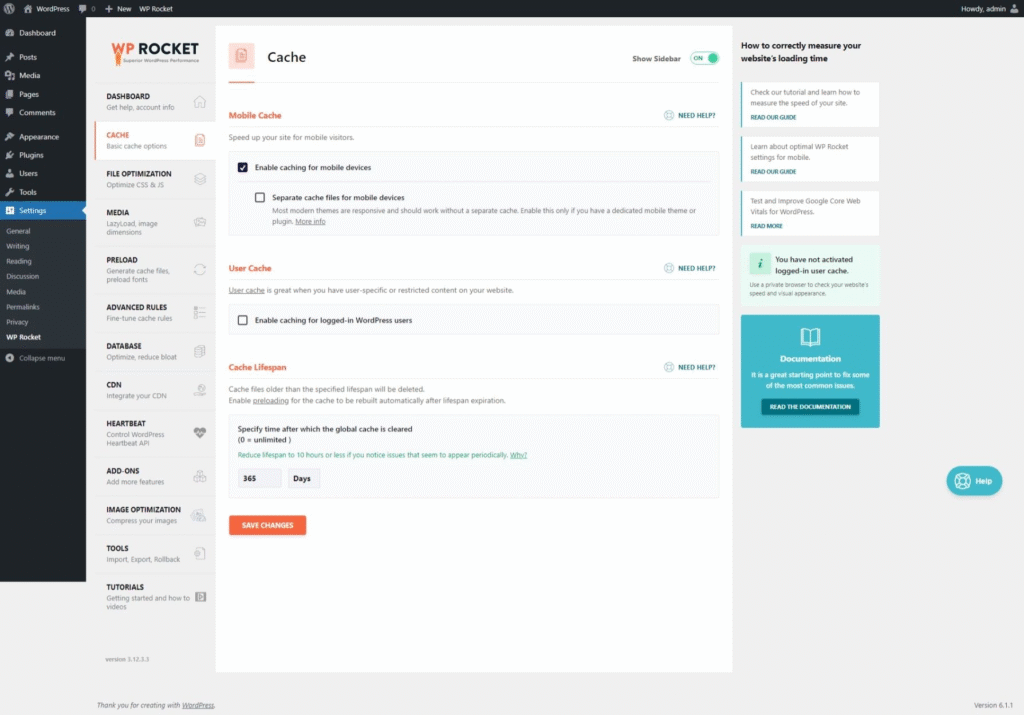The Ultimate Beginner’s Guide to Smart Blogging Success
Blogging in 2025 is no longer just about writing posts — it’s about creating content that’s optimized, engaging, visually appealing, and profitable. Whether you’re starting your first blog or looking to scale up, having the right tools in your blogging toolkit is essential.
In this comprehensive guide from Helping Bloggers, we’ve curated the top blogging tools you should be using in 2025 — across categories like SEO, writing, design, marketing, analytics, and more — tailored specifically for WordPress beginners.
Let’s dive right in!
Table of Contents
- Best SEO Tools for Bloggers
- Content Writing & Editing Tools
- Blog Design & Graphic Tools
- Productivity & Organization Tools
- Social Media Marketing Tools
- Email Marketing Tools
- Analytics & Performance Tools
- Monetization Tools
- Hosting & Speed Optimization Tools
- FAQs
- Final Thoughts
Best SEO Tools for Bloggers
To get traffic from Google, you need more than just good content — you need powerful SEO tools. Here are the top ones to use in 2025:
● Yoast SEO / Rank Math
Both are excellent WordPress plugins for on-page SEO.
- Optimize title tags, meta descriptions, and URLs
- Suggest internal links
- Analyze content readability
✅ Recommended for: Beginners using WordPress.

● Ubersuggest
Great for keyword research on a budget.
- Keyword difficulty scores
- Competitor analysis
- SEO audit tool
● Ahrefs / Semrush
Premium tools for serious bloggers.
- In-depth backlink analysis
- Keyword tracking
- Content gap research
Content Writing & Editing Tools
Writing clear, mistake-free, and engaging content is the backbone of blogging.
● Grammarly
Checks spelling, grammar, clarity, and tone in real-time. Works in Google Docs, WordPress editor, and more.
● Hemingway App
Simplifies complex sentences and enhances readability.

● ChatGPT / AI Writing Assistants
Use tools like ChatGPT to brainstorm post ideas, outlines, or polish your drafts.
- Summarize complex topics
- Generate title/tagline ideas
- Rewrite paragraphs clearly
Blog Design & Graphic Tools
A beautiful blog makes readers stay longer. These tools help you design stunning visuals — even if you’re not a designer.
● Canva
Drag-and-drop tool for blog banners, Pinterest pins, featured images, and social graphics.
- Free templates
- Easy resize and brand kit
- Great for beginners
● Unsplash / Pexels
Royalty-free stock photos that you can use in blog posts.

● Elementor (WordPress Page Builder)
Design landing pages, blog homepages, and about sections visually.
- No coding required
- Beginner-friendly
- Works with most WordPress themes
Productivity & Organization Tools
To blog consistently, you need a system. These tools help with content planning, deadlines, and organization.
● Trello / Notion
Great for managing blog post calendars and to-do lists.
- Create post pipelines
- Collaborate with teams or VAs
- Organize keyword ideas
● Google Docs + Google Drive
For drafting, storing, and sharing blog content across devices.

Social Media Marketing Tools
Once you hit publish, you need to promote your blog across platforms. These tools make it easier:
● Buffer / Later / SocialBee
Automate social sharing across Twitter, Instagram, Facebook, LinkedIn, etc.
- Schedule weeks of content
- Track performance
- Manage hashtags
● Tailwind (for Pinterest)
Ideal if Pinterest is your traffic source.
- Pin scheduling
- Community boards
- SmartLoop automation
Email Marketing Tools
Start building an email list from Day 1. These tools make it beginner-friendly:
● MailerLite
Perfect for beginners — free for up to 1,000 subscribers.
- Drag-and-drop email builder
- Landing pages + opt-in forms
- Automation workflows
● ConvertKit
Designed for content creators and bloggers.
- Tag-based subscriber system
- Smart email sequences
- Easy integration with WordPress

Analytics & Performance Tools
Track what’s working and where your readers come from.
● Google Analytics 4
Provides insights into traffic sources, user behavior, and conversions.
- Real-time data
- Blog performance analysis
● Google Search Console
Shows keyword rankings, impressions, and indexing issues.
- See which posts are ranking
- Submit sitemaps
- Monitor search performance

Monetization Tools
Monetize your blog using affiliate links, digital products, or ads.
● ThirstyAffiliates
Manage and cloak affiliate links in WordPress.
- Tracks clicks
- Creates pretty URLs
- Easy link insertion
● WooCommerce
Sell digital downloads, eBooks, or merch from your blog.
● Google AdSense / Ezoic
Place ads and earn passive income from traffic.

Hosting & Speed Optimization Tools
A fast-loading blog is critical for SEO and user experience.
● SiteGround / Hostinger
Affordable, beginner-friendly WordPress hosting in 2025.
- Free SSL & backups
- One-click WordPress install
- Great support
● WP Rocket (Speed Plugin)
Optimizes your blog’s speed with caching, lazy load, etc.
● Imagify / TinyPNG
Compress images without losing quality.

FAQs
Start with 5–7 essential tools (SEO, email, writing, design, analytics), then expand as your blog grows.
Absolutely! Many tools like Ubersuggest, Canva, and Google Docs offer powerful free versions.
Final Thoughts: Choose Tools That Help You Grow
Blogging in 2025 is exciting, but it can feel overwhelming with all the tools out there. Don’t try to use everything at once. Instead, focus on essential tools that solve your immediate problems — like writing better, ranking on Google, or building an email list.
As your blog grows, you can invest in premium tools and automation to save time and scale faster.
Helping Bloggers is here to guide you every step of the way — from launching your first post to monetizing your blog.






